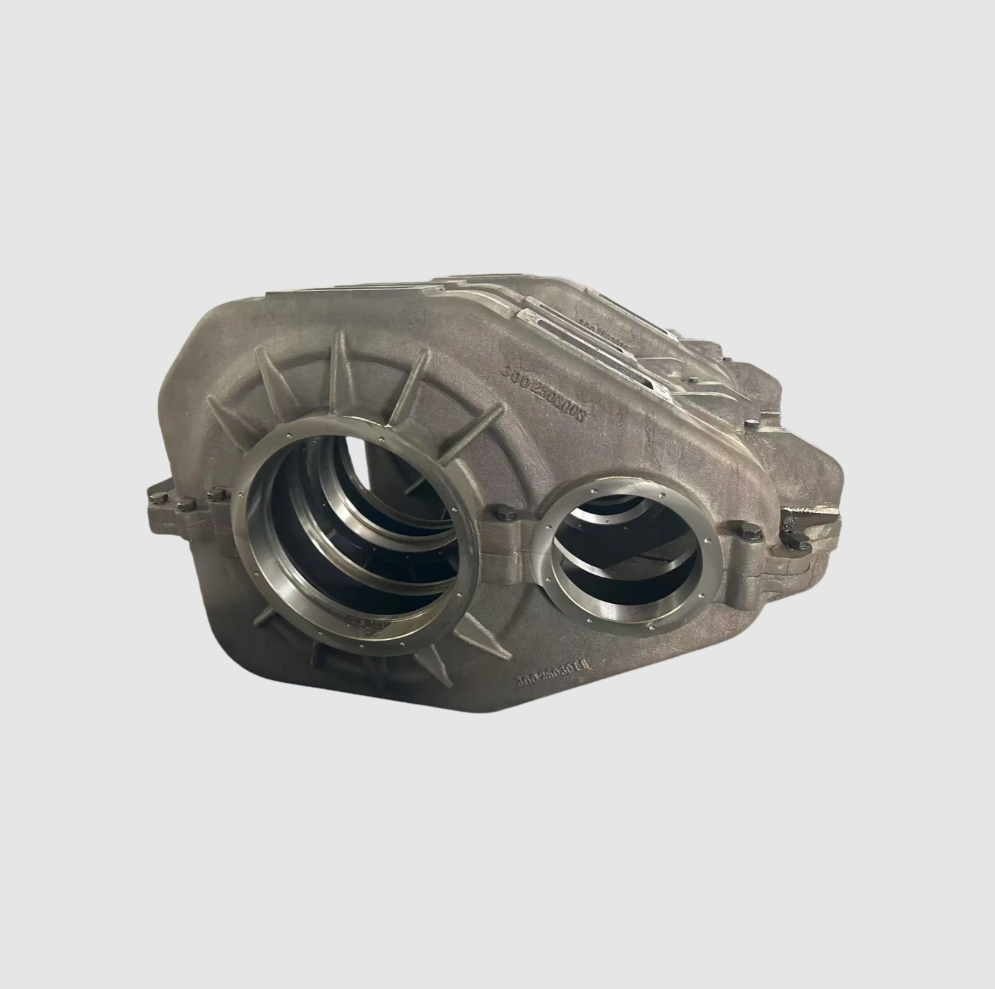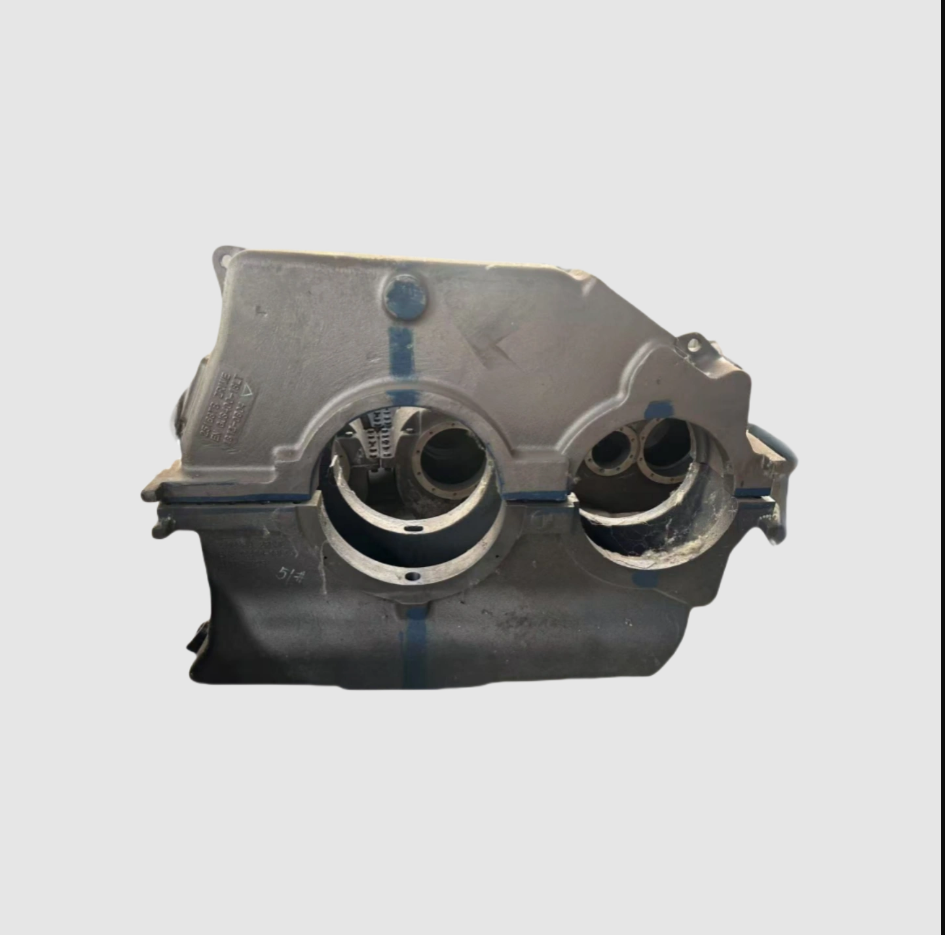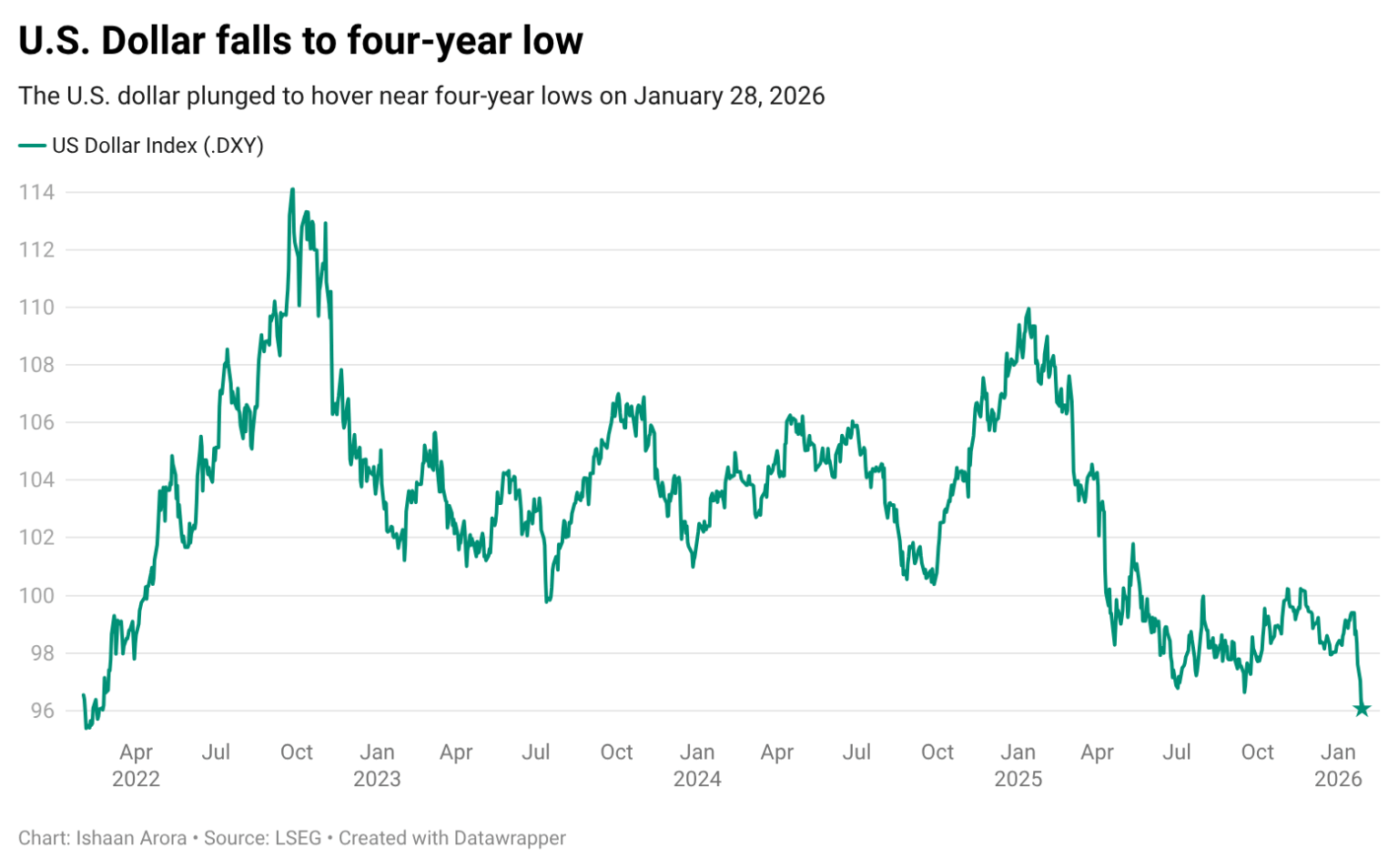A Must-Read for Purchasing Railway Cast Iron Parts: 5 Critical Quality Standards You Can’t Ignore Railway gearbox manufacturer

Every component in a train system should function well. This keeps the system safe and effective. Train spreading parts are very essential. They give assistance, link points, and conduct signals. Their quality impacts exactly how steady the railway network is. When you acquire these components for South Africa, South America, or Russia, you should find excellent manufacturers. To be successful, you need to recognize the local technological guidelines. Right here are 5 essential quality standards you must constantly adhere to.
1. Material Structure & Mechanical Residences: The Structure of High quality
The efficiency of cast iron relies on its specific chemical make-up and casting procedure, and need to fulfill the worldwide or local standards of the target market. A trusted train casting components producer will certainly provide full product traceability.
1.1 Composition Specifications: Must abide by criteria such as International Specifications (ISO), European Specification (EN), Russian GOST criteria, or those commonly used in South America like IRAM (Argentina) and ABNT NBR (Brazil). The material of dangerous components like phosphorus and sulfur must be strictly controlled.
1.2 Mechanical Characteristics: Concentrate on tensile strength, return stamina, firmness, and elongation. For ductile iron, describe criteria such as ISO 1083, EN 1563, or GOST 28394. Procurement should call for distributors to provide product certificates and mechanical test reports that comply with the target market’s requirements.
(Railway Cast Iron Gearbox)
2. Dimensional Precision & Resistance Control: Guaranteeing a “Perfect Fit”
Train tasks worldwide have strict demands for dimensional interchangeability; any variance can affect system integration. Accuracy is a mark of premium railway casting makers.
2.1 Essential Dimensions: All interface dimensions and placing hole placements for all railway casting elements should be 100% evaluated.
2.2 Tolerance Requirements: Must comply with worldwide acknowledged requirements like ISO 2768, or particular resistance requirements clearly set with the customer. For the Russian and CIS markets, unique attention must be paid to following appropriate resistance requirements in GOST 30893.
3. Limits on Casting Defects: Getting Rid Of Internal Hidden Dangers
The approval criteria for casting defects should be plainly defined in contracts and based on worldwide or regionally acknowledged specs. Leading train spreading components manufacturer procedures use rigorous non-destructive testing.
3.1 Surface Flaws: Standards like ISO 8062 can be referenced for analyzing spreading surface quality. Cracks, cold shuts, and various other issues affecting serviceability are not allowed.
3.2 Interior Problems: For important load-bearing train casting parts, non-destructive testing (e.g., ultrasonic, radiographic) must be done according to requirements like ISO 4990, EN 12680, or the GOST R 55724 series, with clear approval degrees for issues.
4. Metallographic Framework & Internal Quality
The tiny framework of the material is the vital basis for judging whether its inner high quality fulfills the criterion. This is an essential look for any kind of expert railway spreading components producer.
4.1 Ductile Iron: The evaluation of nodularization rate must follow requirements such as ISO 945-1 or GOST 3443 to ensure its mechanical properties satisfy the demands for usage under complicated working conditions.
4.2 Graphite Morphology & Matrix Structure: The metallographic inspection report is a vital document for confirming the security of the production process and must comply with the pertinent international or local criteria.
(Railway Cast Iron Gearbox)
5. Anti-Corrosion Treatment & Surface High Quality: Withstanding Harsh Environments
Offered South Africa’s seaside high salinity, South America’s tropical rainforest humidity, and Russia’s extreme cold and de-icing salts, anti-corrosion therapy for railway spreading components is vital.
5.1 Treatment Procedures: Specify the kind of anti-corrosion procedure, such as hot-dip galvanizing (ISO 1461), epoxy layer, and so on, and specify vital indications like covering density, bond ( e.g., ISO 2409), and salt spray resistance ( e.g., ISO 9227).
5.2 Regional Requirements: Should take note of certain demands of the target market, such as Russia’s GOST 9.307 anti-corrosion system accreditation, or South Africa’s SANS (South African National Standard) criteria. An international railway casting makers will recognize with these diverse demands.
Luoyang Fonyo Heavy Industries Co., Ltd. is a leading maker of heavy industrial spreadings and parts, focusing on giving high-grade steel spreadings, including carbon steel, high manganese steel, alloy steel, and heat-resistant steel spreadings. With a thorough service model integrating layout, spreading, machining, and solution, Fonyo ensures that each item fulfills rigorous top quality and performance standards to satisfy the requiring needs of various hefty markets.
If you are looking for a trusted supplier of Railway gearbox manufacturer, Luoyang Fonyo Heavy Industries Co., Ltd. is your ideal choice. Visit Fonyo’s official website (www.railwaypart.com) for more product information and technical support!
All articles and pictures are from the Internet. If there are any copyright issues, please contact us in time to delete.
Inquiry us




